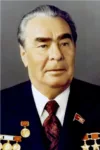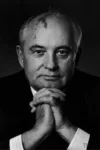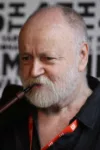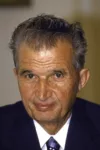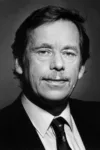Biography
(No Information)
Filmography
all 17
Movies 16
self 15
TV Shows 1
Self - Subject
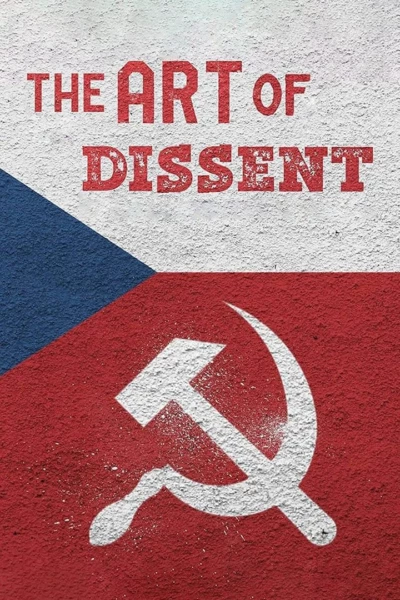
The Art of Dissent (2021)
Movie
Self
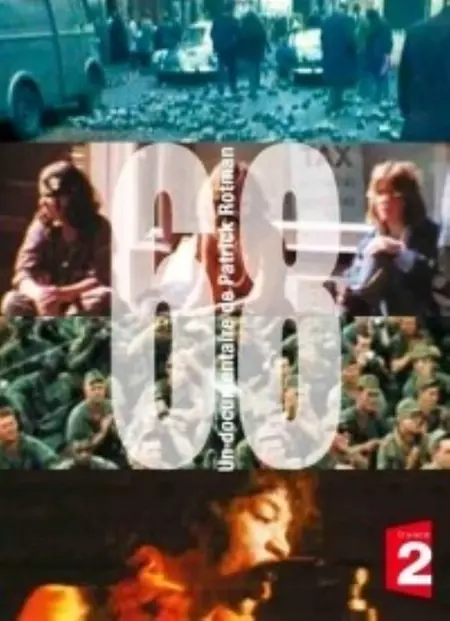
68 (2008)
Movie
Self (archive footage)
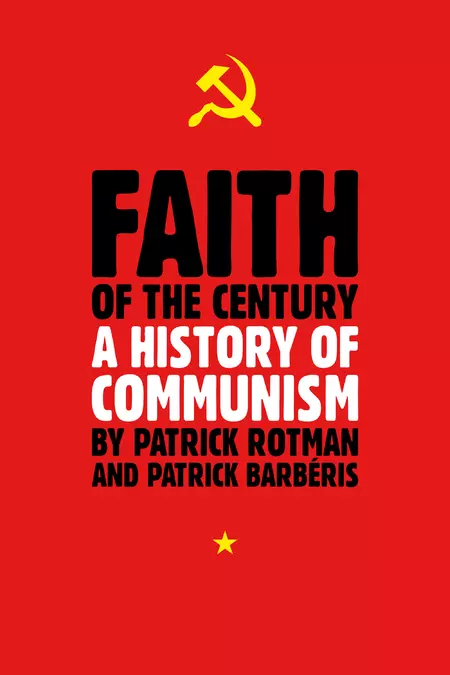
Faith of the Century: A History of Communism (1999)
TV
Self (archive footage)

Začátek konce (1999)
Movie
Self (archive footage)

Oratorio for Prague (1968)
Movie
Self (archive footage) (uncredited)

100 let (1968)
Movie
Self (archive footage)

Czechoslovakia: Portrait of a Tragedy (1968)
Movie
Information
Known ForActing
GenderMale
Birthday1921-11-27
Deathday1992-11-07 (70 years old)
Birth PlaceUhrovec, Slovakia
ChildrenPavol Dubček, Peter Dubček
CitizenshipsCzechoslovakia
Also Known AsAlexander Dubcek
AwardsCross of Pribina class I, honorary doctor of Comenius University, honorary doctor of the University of Madrid Complutense, Order of the White Lion, Sakharov Prize, Ľudovít Štúr Order 1st class, Order of February 25, 1st class
This article uses material from Wikipedia.
Last updated:
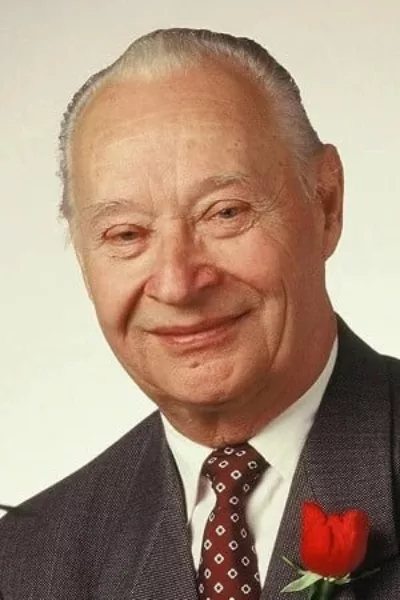 Alexander Dubček
Alexander Dubček- Filmography
- Information
- Related Persons
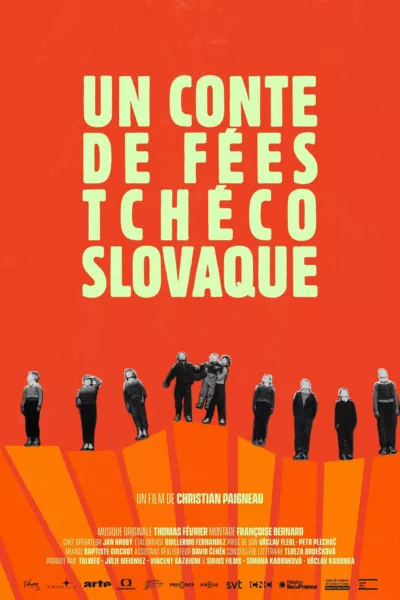
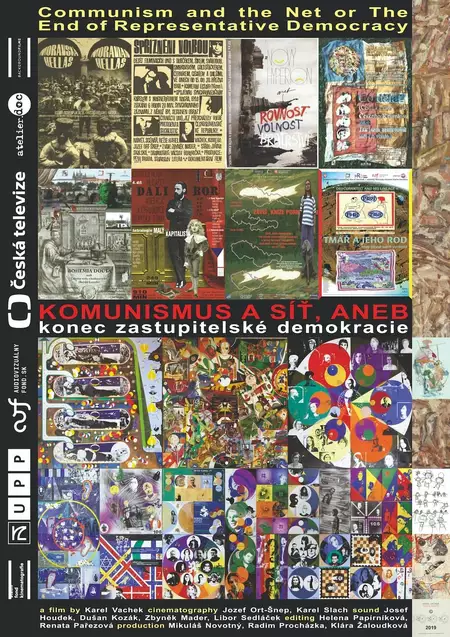
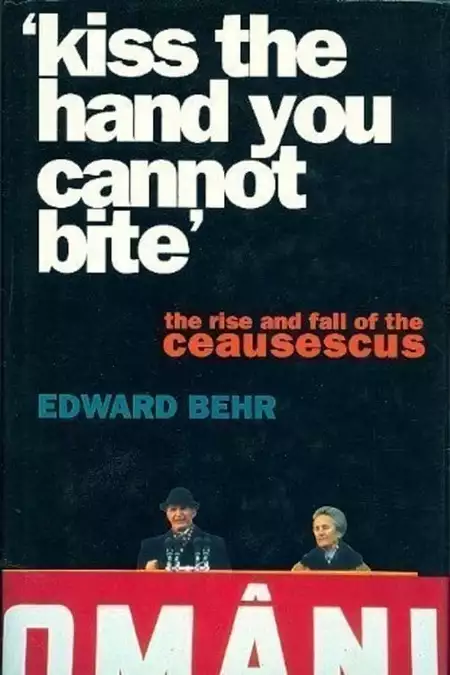
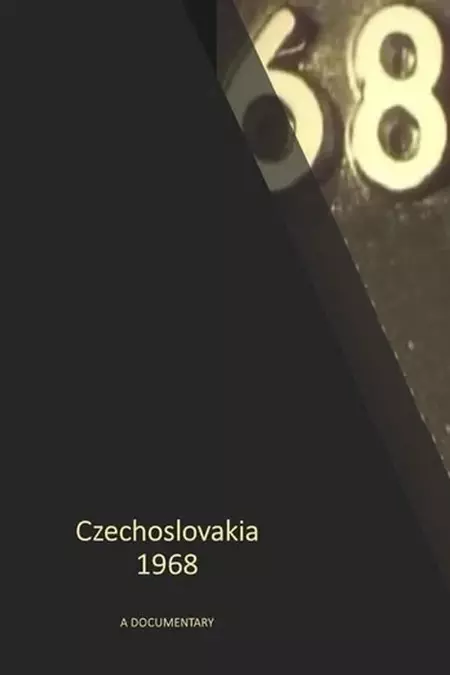
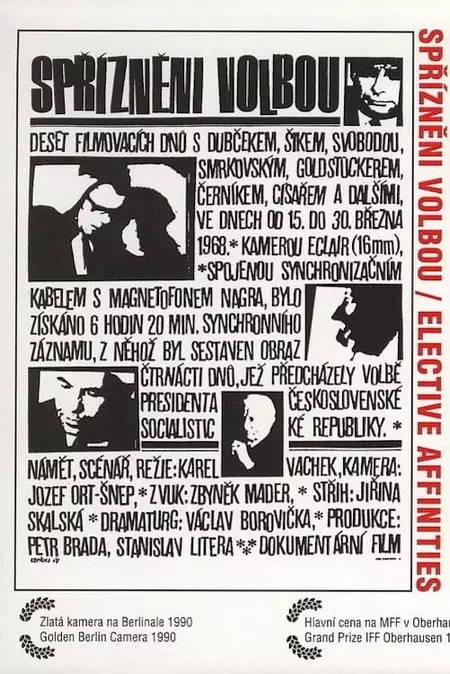
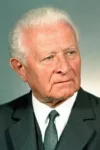
 ,
,